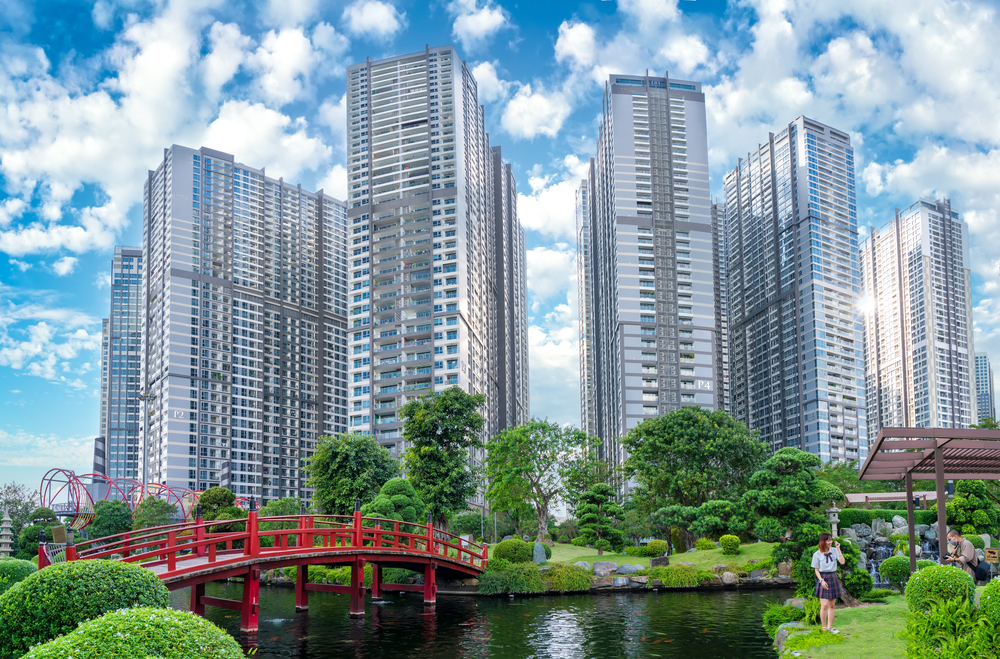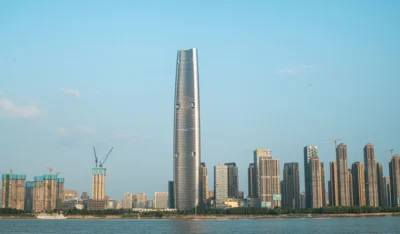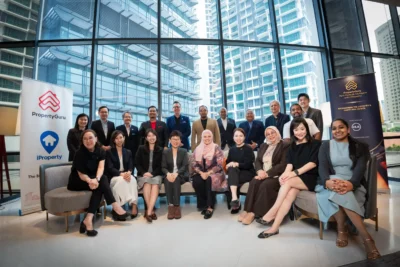Vietnam emerges as a prime destination for foreign investment
Stable macroeconomic environment, favourable policies, and growth potential drive foreign investors towards the country

Vietnam has become an attractive destination for foreign investors, driving its economic growth amid global uncertainties. The WTO – FTA portal noted how the European Chamber of Commerce in Vietnam highlighted the country’s stable macroeconomic environment and controlled inflation as factors that make it appealing for foreign direct investment (FDI), along with the EU-Vietnam Free Trade Agreement (EVFTA).
Vietnam’s favourable business environment, steady economic growth, improved infrastructure, and policy changes have contributed to its position as a top country for attracting foreign investment. It has similarities to South Korea’s investment environment, which has attracted attention from Korean businesses. Japan and Switzerland also consider Vietnam a priority location for investment due to its strong economic growth, supply chain transformation, and investment attractiveness.
Standard Chartered Vietnam’s CEO emphasised Vietnam’s advantages in terms of labour, global trade integration, supply chains, political stability, and potential resources, with the government committed to promoting trade and sustainable growth. The International Monetary Fund predicts a stronger recovery for developing economies like Vietnam in the near future as global economic headwinds ease.
Vietnam Plus discussed the 2023 Asia-Pacific Investor Intentions Survey by CBRE Vietnam and how Ho Chi Minh City and Hanoi are among the top 10 attractive destinations for foreign investors in the Vietnamese real estate market. Ho Chi Minh City ranked third on the list, even surpassing Australia. Investors from Asian countries like Hong Kong, Singapore, China, South Korea, and Japan are particularly interested in Vietnam.
Related: Vietnam real estate: Where challenges meet opportunity
The country’s high urbanisation rate and a growing middle class make it an appealing market for real estate investment. Singaporean firms such as Keppel Land and Sembcorp Development have recently engaged in large-scale deals in Vietnam, indicating their long-term interest in the market.
The expansion and completion of Vietnam’s transport infrastructure would further enhance its attractiveness to foreign investors. In 2022, the real estate sector received the second-largest amount of foreign direct investment, totaling over VND105.32 trillion (USD4.45 billion) and accounting for 16.1 percent of the country’s total.
Three international corporations from Germany, Japan, and South Korea are set to invest a total of VND87.57 trillion in Vietnam this year. Hanoi Times reported the companies plan to undertake projects in green manufacturing, renewable energy production, logistics, and medical equipment manufacturing. Among the investors, German firm VFT Industry UG intends to establish a stainless steel plant, producing 600,000 tons of stainless steel annually for the Vietnamese and European markets. The company aims to achieve net-zero emissions from the project and create 800,000 CO2 certificates per year.
However, foreign investors highlighted concerns about administrative and legal regulations in Vietnam, urging the government to provide a transparent legal system and simplify regulations to encourage investment. Prime Minister Pham Minh Chinh assured investors that the government would prioritise the needs of enterprises and review regulations to attract foreign investment while ensuring sustainable development.
The Property Report editors wrote this article. For more information, email: [email protected].
Recommended
6 developments driving Asia’s green real estate shift
Developers are being incentivised to push a green agenda into daring new realms
The Philippines’ LIMA Estate drives sustainable industrial growth
LIMA Estate models a citywide vision that uplifts workers while appealing to climate-conscious employers
Malaysia property market rebounds with foreign interest and growth
The nation’s property market is stirring to life, fuelled by foreign buyers and major infrastructure drives
China’s renewable energy surge redefines housing norms and development
From exporting solar panels to building entire green-powered neighbourhoods, China’s renewable surge is redefining housing norms







